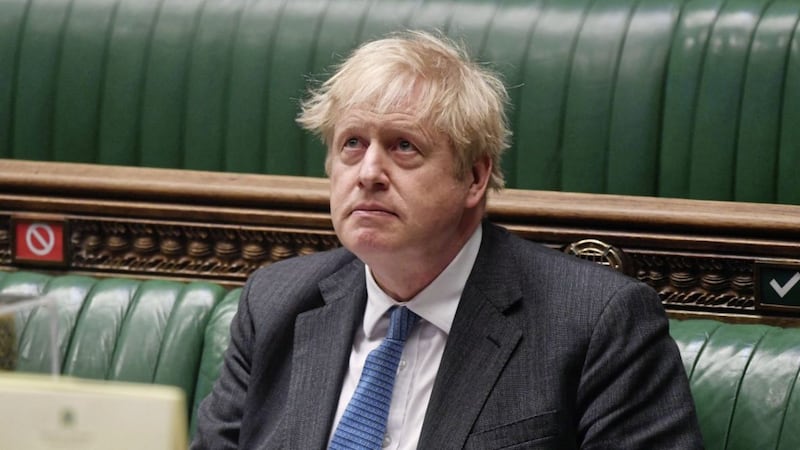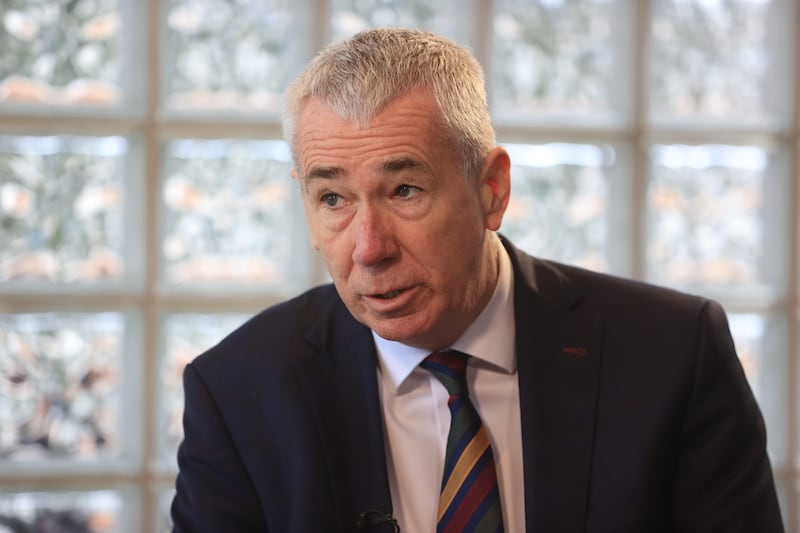THE manner of Boris Johnson's apology to the Ballymurphy families demonstrates that the British government still fails to grasp the sensitivities around legacy issues and has heard the concerns of the bereaved with only a tin ear.
In a highly unusual sequence of events, a Downing Street spokesman last night said that the prime minister had "apologised unreservedly on behalf of the UK government for the events that took place in Ballymurphy".
This apparently took place in the course of a meeting with first minister Arlene Foster and deputy first minister Michelle O'Neill.
However, statements from the DUP and Sinn Féin did not indicate that Mr Johnson had made such an apology.
More troubling is the fact that the prime minister seems to think it is acceptable to issue an apology for the Ballymurphy tragedy through a press statement and not directly to the families themselves.
The entirely unambiguous declaration by a judge that the 10 people shot dead by paratroopers in 1971 were "entirely innocent of wrongdoing" ought to have prompted an equally public and unambiguous public apology from the governnment.
That such an apology was not immediately forthcoming, and has instead been delivered in a highly amateur and careless fashion, says much about the character of the Johnson administration.
An appropriate apology is the very least the families deserve. Their dogged determination that the world should know the truth has been vindicated, despite encountering formidable obstacles that elements of the British state first erected half a century ago.
It is utterly shameful that those obstacles to the truth, including smears, cover-ups, lies and foot-dragging, were perpetuated for so long under successive British governments.
Though the murderous events at Ballymurphy reach back 50 years, the weight of this week's coroner's ruling must also be felt in the future.
The Ballymurphy inquests process emphasises the importance of legally-grounded mechanisms in dealing with the north's troubled past - this at a time when the British government appears set to renege on the legacy arrangements in the Stormont House Agreement and offer an amnesty to soldiers and paramilitaries.
Downing Street also said the government planned to deliver a way forward "that focuses on reconciliation, delivers for victims of the Troubles and ends the cycle of reinvestigations".
Closing off avenues where truth and justice can be explored should never be an option. And when the past has been faced and the innocent vindicated, apologies must be offered by those responsible.








